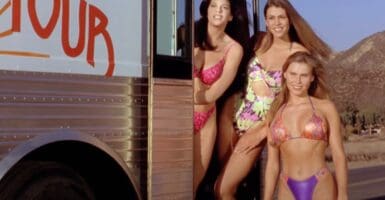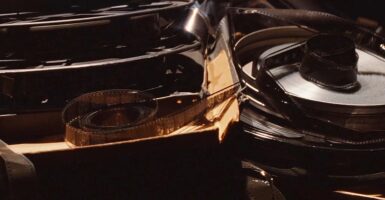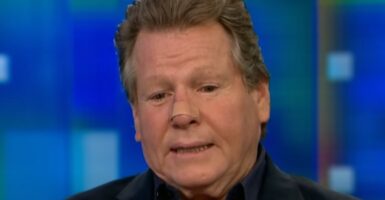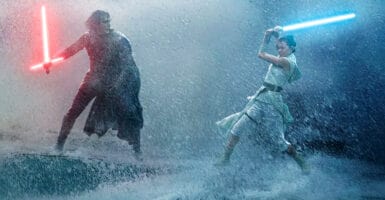Harrison Ford’s Strongest Movie Failed At The Box Office For An Obvious Reason
The strongest performance of Harrison Ford's career caused this movie to fail with critics and at the box office and it's clear why.
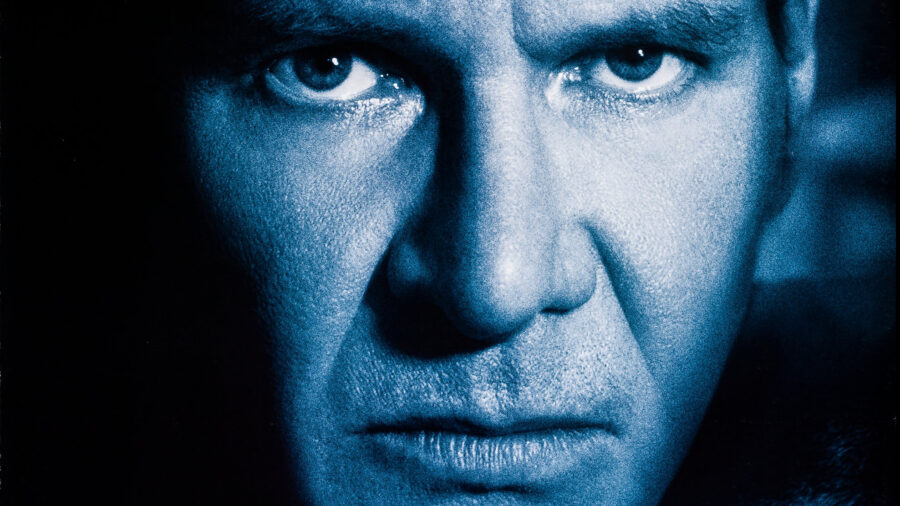
Part of the magic of Harrison Ford as a movie star is that deep down, you always know he wants to do the right thing. When we first meet Han Solo in the Mos Eisley cantina, he gives off such strong vibes of not caring about anything or anyone but himself, you know that underneath the uncaring, too-cool facade, he is a decent guy. And when he shows up to shoot down Darth Vader above the Death star so Luke can blow that thing up, we are proved right. When Indiana Jones says he’s looking for fortune and glory in Temple of Doom, you know that when he gets the chance to save himself, he will go back for those kidnapped, enslaved children. And he does. But in perhaps the finest and rawest performance of his entire career, Ford reversed that dynamic. In 1986’s The Mosquito Coast, Harrison Ford plays a man desperate to do the right thing and absolutely certain that he is, only to find his world falling apart around him.
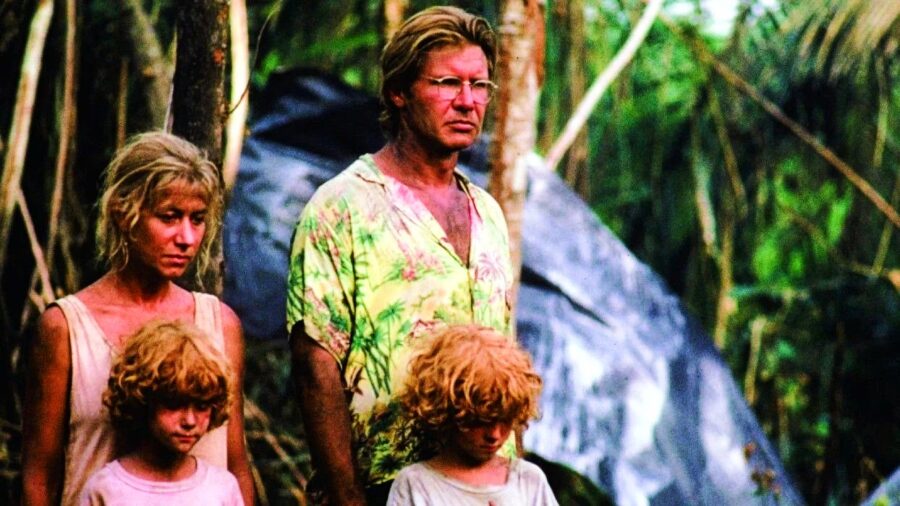
Unsurprisingly, audiences and critics were not thrilled at Harrison Ford, one of the modern icons of American masculinity, doing everything he could to alienate their views of him. The Mosquito Coast was Ford’s next movie after Witness, the acclaimed Amish Country thriller that had netted him his own Academy Award nomination. He re-teamed with Australian filmmaker Peter Weir, who was best known for odd, desolate movies like Picnic at Hanging Rock and The Last Wave, and had begun to move into tense realism with the war epic Gallipoli and The Year of Living Dangerously (both starring Mel Gibson). The movie was based on writer Paul Theroux’s critically praised book of the same name, and the screenplay was written by Paul Schrader, best known for Taxi Driver and Raging Bull. Then the movie came out and flopped hard.
In retrospect, it is obvious why. Harrison Ford was making a post-Star Wars bid for more dramatic roles and The Mosquito Coast is undeniably dramatic. Ford stars as Allie Fox, an obsessive, brilliant inventor and mechanical engineer, who begins the movie already fed up with the failure of the American Dream and filled with fear of nuclear war. After being unable to conform himself to the expectations of working life in America, he takes his wife (Helen Mirren) and young children (most prominently, River Phoenix, who also narrates) to the jungles of Belize in Central America to create a utopian community. He builds a massive machine that thermodynamically creates ice in the midst of sweaty, undeveloped land, which at first seems like a godsend to the indigenous people he recruits as workers and then is swiftly taken for granted. His notions of megalomania and conviction that he can invent machines for the betterment of, if not for all mankind, at least the people around him. But the strain of his half-formed ideas begins to break his community; villagers abandon him, he grows increasingly antagonistic to a nearby Christian missionary, and eventually, armed militants arrive. Clearly, things do not go well for Harrison Ford and his family.
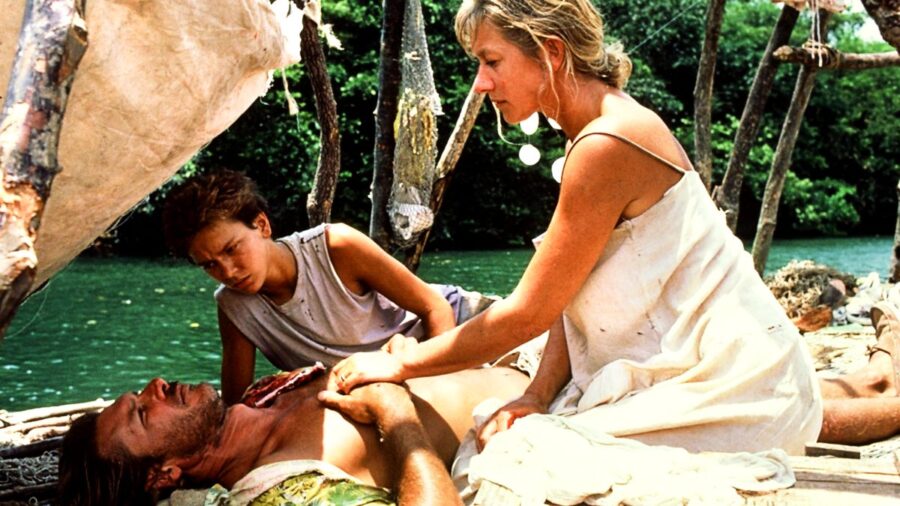
Audiences did not accept Harrison Ford in The Mosquito Coast because it is unquestionably the single most unlikeable character he has ever played. It is never in question that his character is trying to do good and firmly believes that his inventions can make a difference. He also belittles his family, wielding his famously snarky delivery as a whip to his small children when they cry in exhaustion, asking them if they want a Holiday Inn in the jungle. He never shuts up about the failure of society and consumerism, even as his own attempt at a new society fails in real-time. Everything appealing and heroic about Harrison Ford has somehow gone sour here. By the time his ice machine has flooded a river with toxic chemicals and his mind is so broken that he terrifies his family into following him by telling them that nuclear war has destroyed America in their absence, his single desire, to help others, has become deeply, fatally poisonous.
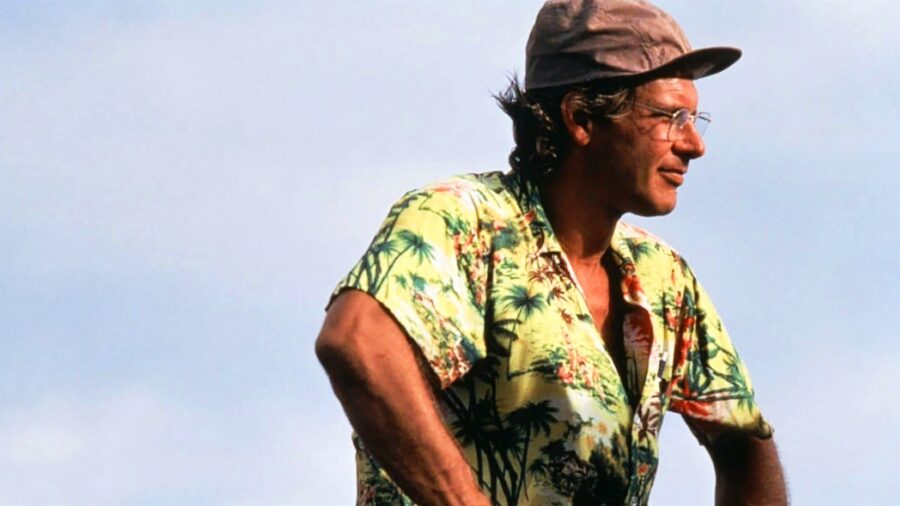
The Mosquito Coast has been somewhat critically reclaimed in recent years, with more reviewers seeing Harrison Ford’s journey into darkness for what it was. He would go on to a slew of huge successes in the 1990s with The Fugitive, Air Force One, and his series of Tom Clancy adaptations. Peter Weir would go onto further critical acclaim with Dead Poets Society, The Truman Show, and Master and Commander: The Far Side of the World. Harrison Ford has said The Mosquito Coast is the only one of his films that did not recoup its costs, but he was still proud of it and its powerful emotions. And he should be.









